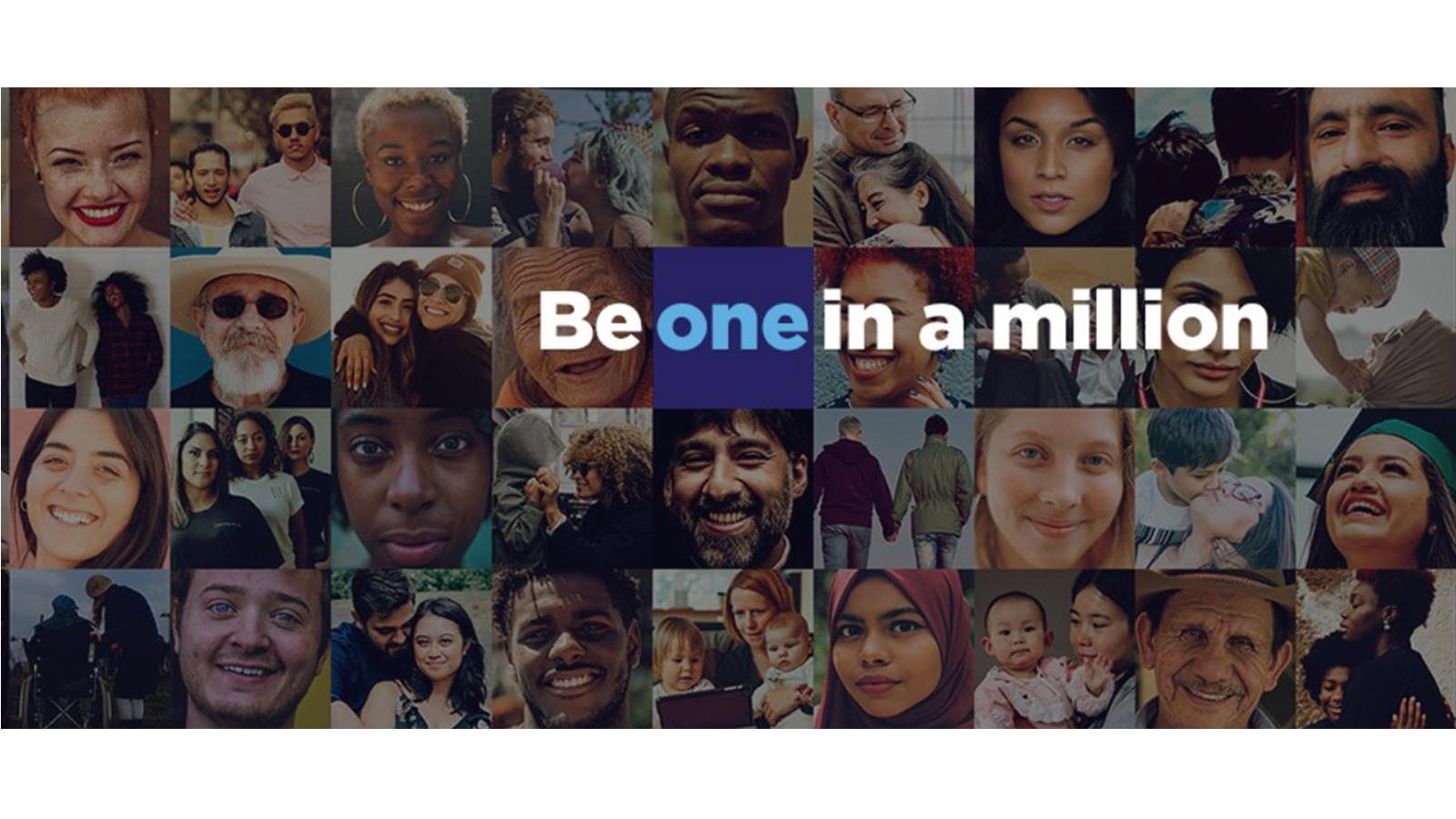National Institutes of Health director Francis Collins is stepping down this month after 12 years at his post. During those years, the field of medicine saw remarkable advances, especially in genetics, genomics and biotechnology.
Despite that progress, it seems that Americans haven’t actually gotten any healthier – especially when compared to other countries with similar socioeconomic standing. Why? Here’s what Collins recently told NPR:
“A lot of the [NIH’s] focus has been on people who are already diagnosed with some kind of health condition. And yet what we really want to do is to extend health span, not just life span, and that means really putting more research efforts into prevention. One of the things that I'm excited about in that regard is the All of Us study,” he told NPR. “That's going to be a database that gives us information about exactly what's happened to the health of our nation and what could we do about it.”
Seeking data from 1 million Americans
The All of Us program launched in the spring of 2018 with the goal of enrolling one million Americans to share their clinical and genetic information with researchers. That’s bigger than other longtime research studies, such as the Nurses’ Health Study, which launched in 1976 and grew to 280,000 participants. Scientists working on the All of Us program will analyze how patterns in lifestyle choices, medical condition, genes and other factors more impact human health. The quantity, and diversity, of people – encompassing all ages, genders, races, geographic locations and current health conditions – will provide an immense dataset that researchers can study for clues about what makes people healthy and what makes them sick.
Researchers have solid groundwork to build on. Countless studies encompassing more than a century of medical research around the globe have been narrowing in on the causes and consequences of nearly every aspect of human health. But many people remain unhealthy, and the causes aren’t always as clear as scientists would like. Americans, it seems, are especially unhealthy. Obesity rates have been climbing and, during the pandemic, an American Psychological Association survey found that physical health was in decline because of people were struggling to cope in healthy ways with the stress and strain.
Late in 2021, the All of Us program announced it would also collect a new facet of data: the impact of social and environmental influences on health. Now, along with factors like cancer-associated gene variants and blood triglyceride levels, the NIH team will collect data on neighborhood safety, discrimination, work and living environments and more. These “social determinants of health” could account for 30 to 55 percent of health outcomes, the NIH and the World Health Organization say.
How unsafe neighborhoods impact health
Social determinants could be more important than other contributors such as diet, exercise and genetics. But humans are complex, and many factors work together in complex ways to determine health outcomes. For example, in 2016, researchers from Texas A&M University synthesized existing research on the ways neighborhood safety can influence the health of older adults. People who felt that traffic conditions were unsafe and that crime was threatening tended to get less physical activity and did less walking around the neighborhood. Those feelings impacted mental health, too, people in less safe neighborhoods reported poorer mental health.
Researchers also find links between chronic illnesses and food and housing insecurity. A team from the University of Michigan and the University of California, San Diego, reported in 2018 that 37 percent of people who were chronically ill were housing insecure and 31 percent were food insecure. The relationship also went both ways: Chronic diseases increased the likelihood of food and housing insecurity, but food and housing insecurity also made health care harder to find and correlated with poorer health.
In 2018, researchers reported that patients on Medicaid were 66 percent more likely to report that they had faced discrimination from health care providers than those on employer-sponsored health insurance – regardless of race. The more people experienced discrimination, the more likely they were to delay care or even forego prescriptions.
The All of Us study hopes to connect the dots and uncover barriers preventing people from achieving good health.
"We are committed to creating a more complete view of our participants’ health, to provide researchers the data needed to identify the interacting root causes of diseases and inequities that influence health,” Josh Denny, head of the All of Us program, said in a statement.
So far, over 350,000 of their targeted one million people have enrolled in the All of Us program. To learn more, visit the NIH’s All of Us website.



